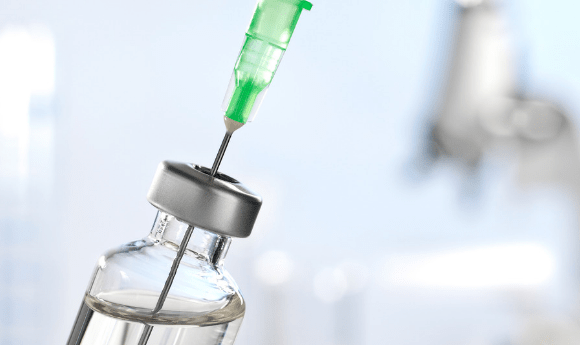Novel Klebsiella pneumonia bioconjugate vaccine candidate

Klebsiella pneumonia is a rare, life-threatening bacterial infection, which has become increasingly prevalent in many countries. New research suggests that there may be new promises for a bioconjugate vaccine against this deadly pathogen on the horizon.
New research from the Washington University School of Medicine and the biotech startup VaxNewMo (both MO, USA) has produced a vaccine candidate for the Klebsiella pneumoniae bacteria. Showing early success in mice, the candidate vaccine may have potential for progression to early stage clinical trials.
K. pneumoniae is an opportunistic, community-acquired pathogen that can affect multiple organs and, in rare cases, result in life-threatening complications. Although rare in the USA, in recent years there has been an increase in the dissemination of hypervirulent K. pneumoniae. The presence of the hypervirulent K. pneumoniae results in the overproduction of a capsular polysaccharide, resulting in a ‘hypermucoviscous phenotype’. This overproduction has also been linked to the prevention of complement-mediated killing and phagocytosis by neutrophils and macrophages.. Additionally, there has been a rise in reports of antibiotic resistance within this hyper virulent sub-type, resulting in challenging clinical treatment, increasing the need to produce novel vaccine candidates.
“For a long time, Klebsiella was primarily an issue in the hospital setting, so even though drug resistance was a real problem in treating these infections, the impact on the public was limited, stated co-author David Rosen (Washington University). “But now we’re seeing Klebsiella strains that are virulent enough to cause death or severe disease in healthy people in the community. And in the past 5 years, the really resistant bugs and the really virulent bugs have begun to merge so we’re beginning to see drug-resistant, hypervirulent strains. And that’s very scary.”
- Reducing vaccine cost
- Delivering HIV-1 envelope glycoprotein stabilization
- Cases of Ebola confirmed in Uganda
The paper, recently published in Proceedings of the National Academy of Sciences, explained how the researchers created a glycoconjugate vaccine for the two main strains: K1 and K2.
“Glycoconjugate vaccines are among the most effective, but traditionally they’ve involved a lot of chemical synthesis, which is slow and expensive,” commented senior author Christian Harding (Washington University) stated. “We’ve replaced chemistry with biology by engineering E. coli to do all the synthesis for us.”
The research team administered three doses of either the vaccine or a placebo, to 20 mice every 2 weeks. They then injected the mice with the lethal dose (approximately 50 bacterium) of hypervirulent K. pneumoniae K1 or K2 serotype. In the vaccinated group, 80% of the mice inoculated with K1 and 100% with K2 survived, whereas in the placebo group 80% of those inoculated with K1 and 30% with K2 died. Additionally, the researchers demonstrated how these K1 and K2 bioconjugates elicit a serotype-specific Immunoglobulin G response with zero cross-reactivity.
Finally, the team wanted to see how the mice coped with a lethal dose titer of the strain, 100xs higher than the recommended LD50. Although most of the mice died, those in the vaccinated group had a statistically significant increase in survival time compared to the placebo. By day two, 100% of the placebo mice had died and only 50% of the vaccinated.
“We are very happy with how effective this vaccine was,” commented co-author Mario Feldman (Washington University). “We’re working on scaling up production and optimizing the protocol so we can be ready to take the vaccine into clinical trials soon.”